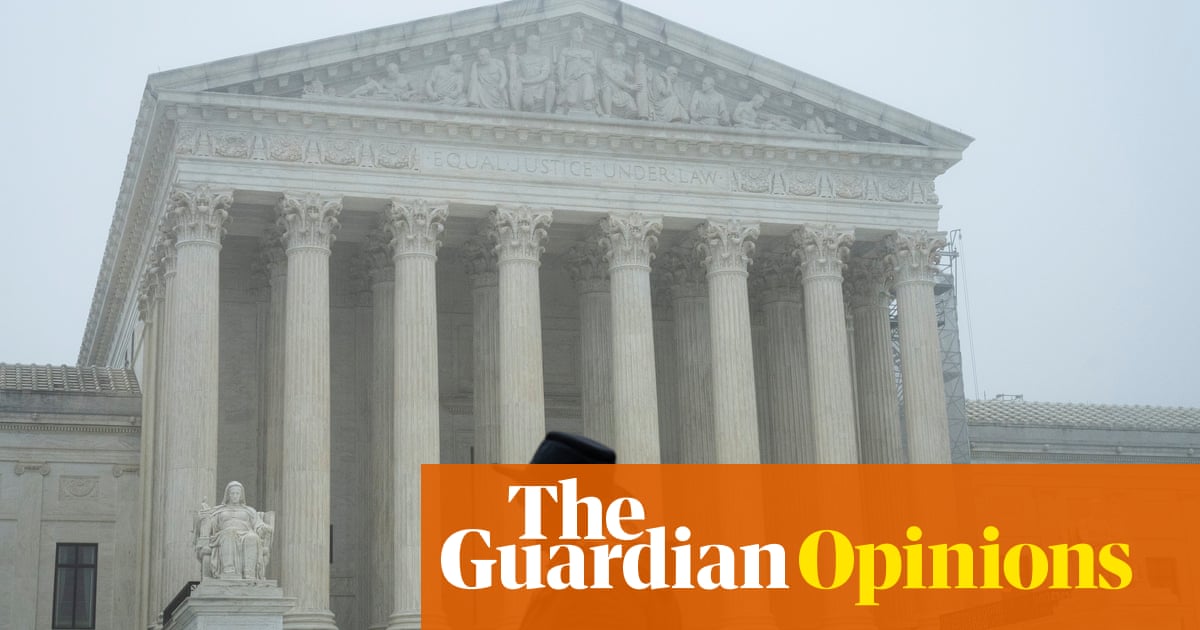Summary
Trust in the U.S. judicial system has hit a record low, with only 35% of Americans expressing confidence, according to Gallup.
Criticism centers on the Supreme Court’s conservative majority, accused of advancing right-wing agendas, eroding rights like abortion access, and lacking accountability.
This judicial capture, orchestrated by conservative groups like the Federalist Society, ensures Republican dominance in key policies for decades, regardless of future elections.



The terrorism charge also brings his motivation front and center. If it was a 2nd degree murder only, they might have been able to suppress a lot of discussion about UnitedHealth for being irrelevant and prejudicial. But now they not only have to discuss it, but they have to allow the defense to respond to it. If they aren’t careful, this could easily open the door to a jury nullification strategy.
Jury nullification isn’t an official path to be taken. Many judges will slam on the brakes the moment anyone, anyone at all, even hints at it.
Officially, juries are finders of fact. Did he do the actions needed for each charge? If so, then the verdict must be guilty. They are not finders of law; that’s for the judges or legislators.
That said, much like determining which degree of a murder charge, whether “he had it coming/he started it” could play a big part in evidence and testimony.
It’s not an official strategy, and the defense can’t do anything to overtly encourage it. But they are going to try to make the defendant sympathetic, and given the chance, they will try to get the jury thinking about just how unsympathetic the victim is.
It’s incredibly unlikely for sure. The lawyers and judge won’t ask anything about intent to nullify but they will ask if you have any prior knowledge or bias and pretty much anyone that intended to nullify would answer yes to those or face jail time for lying in court.
How could they find 12 people who do not have any knowledge or bias about the incident?
It’s not so much being unaware of anything. It’s about ensuring the juries are able to impartially evaluate the evidence presented. If one has a conflict of interest, or certain outside knowledge, they can’t be impartial. Simply having read the news stories probably won’t disqualify you. But if you’ve written similar statements as the accused, that would.
Since this is a high profile case, there are some interesting possible conflicts of interest. They might disqualify anyone that’s ever had United Healthcare insurance. Or anyone that’s had a claim denied, regardless of insurer. Or works in the medical field. Or had a family member with various medical conditions.
For all of the reasons that some people say it was justified, those are reasons a juror could be disqualified.
But these are all idle speculation at this point. It will be a long time (probably years) before they actually seat a jury.
Thank you for all the great info! If I could bother you with another question, what makes you think it will be years before they seat the jury, and how does this not violate his Sixth Amendment right to a “speedy and public trial”?
High profile and high impact cases always take a long time. Murder trials by themselves (with no significant impact) average something like 9 months before trial. Every extra facet adds more hearings and delays. There will be many, many motions from both sides on what can be shown to the jury.
As for his rights, he can certainly choose to invoke that. I believe that would give them 60 days to begin. However, that also means that his defense only has 60 days to prepare. Delays almost always benefit the defendant.